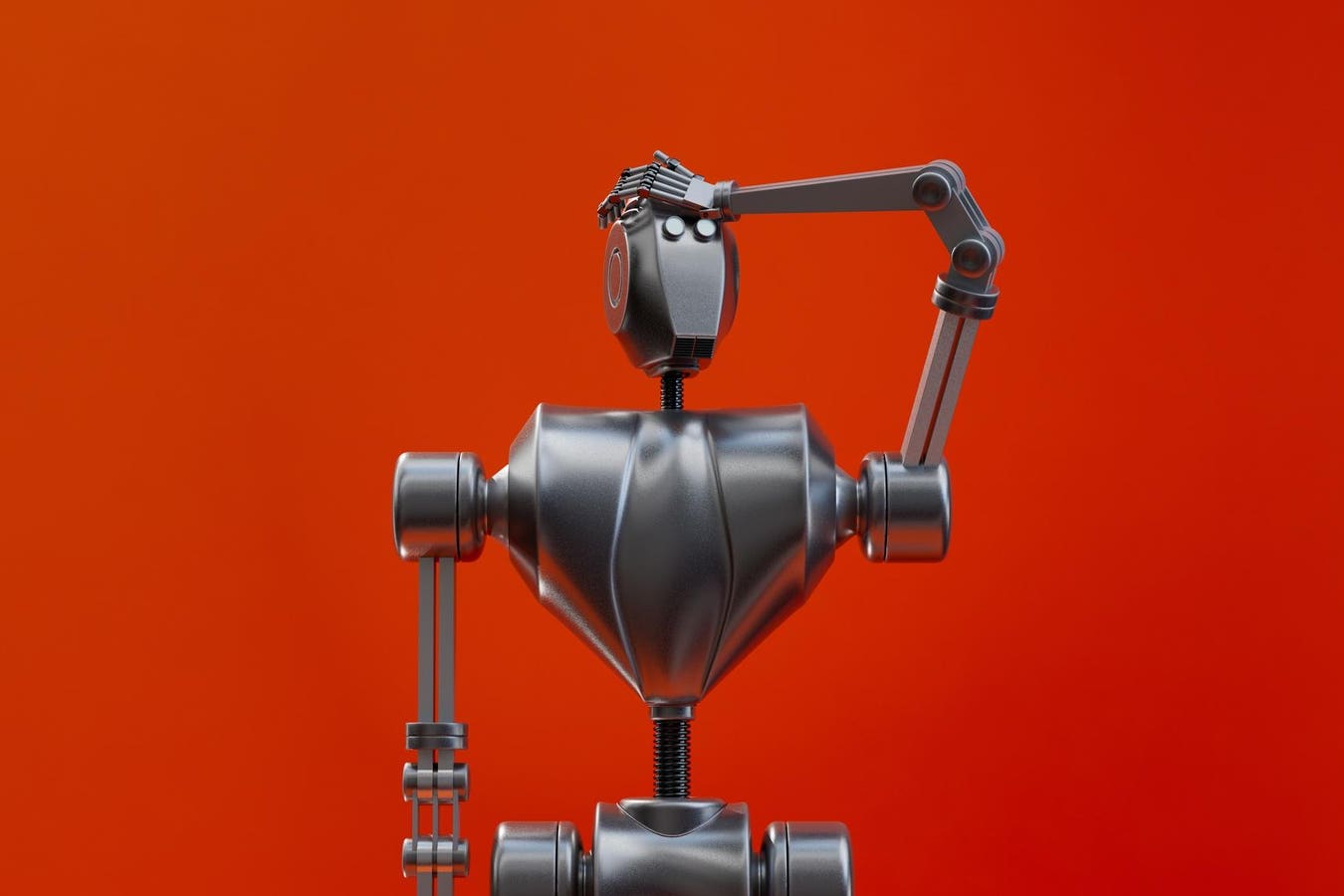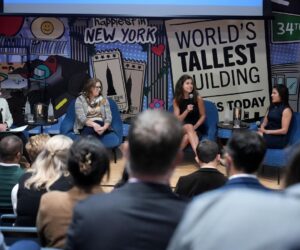AI will get smarter. That’s inevitable. But it still can’t do what makes us human, and that’s what … More
When Sal Khan introduced GPT-4 into Khan Academy’s tutoring platform in 2023, it rocked the education world. For the first time, a generative AI model could walk students through complex AP problems, provide Socratic-style coaching and give instant feedback across subjects. It was fast, accessible and, in many ways, effective.
But as The New York Times reported, there were mixed reactions to Khan Academy’s AI tutor, Khanmigo. Educators voiced concern that the bot sometimes does “too much of the thinking work,” potentially hindering students’ critical thinking. Others said the AI would be more effective if it could identify misconceptions and respond with open-ended questions — much like a human teacher would.
A study from The Wharton School, summarized by Axios, found that students who used AI tools during practice “performed significantly worse on exams, where they can’t rely on artificial intelligence.” The National Council of Teachers of Mathematics noted that while these AI tools are helpful, “students will need teachers to help them create a bridge between prior knowledge, new knowledge and shared knowledge.”
It’s a strong reminder that even in a world where AI can correct grammar in milliseconds and potentially transform global education by breaking language barriers and expanding access to underserved communities, according to UNESCO, there are still many things it can’t do.
According to experts like Selva Pankaj, joint CEO of the Regent Group, as our relationship with AI deepens, the gap between what AI can do and what only humans should do is where our focus should be. One of the most critical steps to take, Pankaj told me in an interview, is modernizing our education systems to prepare students for a world where algorithms and natural intelligence work together in harmony.
Rethinking Skills In An AI-Driven World
AI tools are no longer just nice-to-haves. They now function as intelligent assistants — managing tasks, scheduling meetings, drafting emails, generating artwork and parsing vast datasets — often with a single prompt. As Ron Cameron noted in a previous article on Forbes, the average AI system has reached the stage where it functions as an “intelligent assistant” that can handle repetitive tasks without any adjustment to the level of human supervision.
That trend isn’t slowing down and it’s already reshaping the job market in many ways. According to The World Economic Forum’s 2023 Future of Jobs Report, the demand for roles such as data entry clerks and bank tellers will decline quickly. While that doesn’t necessarily mean that hard skills like graphic design or data analysis are disappearing, it certainly means they’re no longer sufficient on their own.
Selva Pankaj, co-CEO of Regent Group
Pankaj believes the global curriculum must evolve to reflect AI’s growing impact on us. “Education has largely remained unchanged for the last 500 years. We are at the cusp of a fourth educational revolution where we can leverage AI to improve education for all.”
When I asked how that looks in practice, he explained how AI is already helping educators: “An AI system can quickly analyze test results and provide insights into where students are struggling and why,” he said. “This saves time and helps teachers take targeted action.”
One article by the WEF argues that the future of education lies in hybrid intelligence, where AI and humans complement one another. “By combining the analytical power of AI with the irreplaceable human element of teaching, we can truly transform education for the next generation,” the report said.
Preparing For A Post-AI Classroom
Many universities have introduced AI-related courses, but the core of most curriculums still rewards memorization and standardized testing — skills that machines now perform better and faster. According to Pankaj, “that needs to change very quickly.”
To stay relevant, educators must move students beyond passive learning toward empathy, curiosity, adaptability and the kind of moral reasoning no algorithm can replicate. These are the skills that future employers and society will value most.
In an article published on Harvard Business Impact, Cherie Werhun, associate vice provost of human development and potential at Sheridan College, emphasized the need to nurture what she calls “self-intelligence.” “If we don’t devote attention to students’ self-intelligence skills,” she wrote, “we are equipping them with only half of the education they will need to not only survive, but thrive.”
Neglecting those capabilities doesn’t just shortchange students; it could lead to a wider unemployment crisis. Today’s jobs increasingly reward human strengths like emotional intelligence and problem-solving, not rote knowledge.
At the 2025 World Governments Summit, Pankaj called for a new definition of education itself. “We need to stop boxing students into a one-size-fits-all approach,” he said. “Learning must become personalized, and pedagogy should evolve with real-world outcomes in mind.”
That means encouraging students to evaluate, reflect and creatively solve problems, not just absorb information.
A Future Built On Intelligence Augmentation
As many experts across the industry have already noted, the future isn’t man versus machine. Rather, it’s going to be man and machine working together. But the key to seeing that relationship flourish is knowing exactly how to do that.
Humans must stop viewing AI as a threat and start seeing it as a co-pilot that can enhance how we think, learn and create. Because despite AI’s speed and memory, even the most advanced models still lack deeply human traits like emotional depth, creative intuition and moral judgment. Across education institutions, coursework should evolve to reflect that reality, pushing students to analyze complex issues and respond with innovative solutions.
The real opportunity isn’t to outpace machines, but to understand where human intelligence leads and to shape a future that builds on those strengths. As Pankaj put it, “some jobs like data entry may fade, but new roles like business intelligence specialists will emerge. And only those who leverage AI to upskill themselves will be in contention.”









